




Related bibliographies:
Reptiles
 Lizards Lizards
 Diplodactylidae Diplodactylidae
Australia
Pacific Ocean






































































































































































































































































































































| |

Bibliography of the genus
Amalosia (Amalosia Velvet Geckos)

(Reptilia: Sauria: Diplodactylidae)
Note:
In order to limit redundancy, relevant literature indexed in the related bibliographies in the left column may not have been included in this page. For a comprehensive search of literature, these bibliographies should therefore also be consulted.
Amalosia in general
 |
Oliver, P.M.; Bauer, A.M.; Greenbaum, E.; Jackman, T.R.; Hobbie, T. 2012. Molecular phylogenetics of the arboreal Australian gecko genus Oedura Gray 1842 (Gekkota: Diplodactylidae): another plesiomorphic grade. Molecular Phylogenetics and Evolution 63(2): 255-264.
|
Amalosia jacovae
 |
Couper, P.J.; Keim, L.D.; Hoskin, C.J. 2007. A new velvet Gecko (Gekkonidae: Oedura) from south-east Queensland, Australia. Zootaxa 1587: 27-41.
|
Amalosia lesueurii
 |
Colgan, D.J.; O'Meally, D.; Sadlier, R.A. 2009. Phylogeographic patterns in reptiles on the New England Tablelands at the south-western boundary of the McPherson Macleay Overlap. Australian Journal of Zoology 57(5): 317-328.
Couper, P.J.; Keim, L.D.; Hoskin, C.J. 2007. A new velvet Gecko (Gekkonidae: Oedura) from south-east Queensland, Australia. Zootaxa 1587: 27-41.
Croak, B.M.; Webb, J.K.; Shine, R. 2013. The benefits of habitat restoration for rock-dwelling velvet geckos Oedura lesueurii. Journal of Applied Ecology 50(2): 432-439.
Dayananda, B.; Murray, B.R.; Webb, J.K. 2017. Hotter nests produce hatchling lizards with lower thermal tolerance. Journal of Experimental Biology 220(12): 2159-2165
Dayananda, B.; Penfold, S.; Webb, J.K. 2017. The effects of incubation temperature on locomotor performance, growth and survival in hatchling velvet geckos. Journal of Zoology (London) 303(1): 46-53
Doughty, P. 1997. The effects of "fixed" clutch sizes on lizard life-histories: reproduction in the Australian velvet gecko, Oedura lesueurii. Journal of Herpetology 31(2): 266-272.
Downes, S.; Shine, R. 1998. Heat, safety or solitude? Using habitat selection experiments to identify a lizard's priorities. Animal Behaviour 55(5): 1387-1396.
Downes, S.; Shine, R. 1998. Sedentary snakes and gullible geckos: predator-prey coevolution in nocturnal rock-dwelling reptiles. Animal Behaviour 55(5): 1373-1385.
Downes, S.J.; Adams, M.; Osinov, A.; Wilson, C.C.; Bernatchez, L. 2001. Geographic variation in antisnake tactics: the evolution of scent-mediated behavior in a lizard. Evolution 55(3): 605-615.
Du, W.G.; Webb, J.K.; Shine, R. 2009. Heat, sight and scent: multiple cues influence foraging site selection by an ambush-foraging snake Hoplocephalus bungaroides (Elapidae). Current Zoology 55(4): 266-271.
Dubey, S.; Croak, B.M.; Pike, D.A.; Webb, J.; Shine, R. 2012. Phylogeography and dispersal in the velvet gecko (Oedura lesueurii), and potential implications for conservation of an endangered snake (Hoplocephalus bungaroides). BMC Evolutionary Biology 12: 10.
Hoser, R. 1995. The Australian broad-headed snake Hoplocephalus bungaroides in the wild. Litteratura Serpentium (English Edition) 15(4): 92-99.
Kelehear, C.; Webb, J.K. 2006. Effects of tail autotomy on anti-predator behavior and locomotor performance in a nocturnal gecko. Copeia 2006(4): 803-809.
Kinghorn, J.R. 1942. Herpetological notes. 4. Records of the Australian Museum 21(2): 118-121.
Kondo, J.; Downes, S.J. 2007. Does social behaviour reliably reflect temperature-dependent physiological capacity in geckos? Animal Behaviour 74(4): 873-880.
Kondo, J.; Downes, S.J.; Keogh, J.S. 2007. Recent physical encounters affect chemically mediated retreat-site selection in a gecko. Ethology 113(1): 68-75.
Pike, D.A.; Croak, B.M.; Webb, J.K.; Shine, R. 2010. Context-dependent avoidance of predatory centipedes by nocturnal geckos (Oedura lesueurii). Behaviour 147(3): 397-412.
Pike, D.A.; Webb, J.K.; Andrews, R.M. 2011. Social and thermal cues influence nest-site selection in a nocturnal gecko, Oedura lesueurii. Ethology 117(9): 796-801.
Pike, D.A.; Webb, J.K.; Shine, R. 2010. Nesting in a thermally challenging environment: nest-site selection in a rock-dwelling gecko, Oedura lesueurii (Reptilia: Gekkonidae). Biological Journal of the Linnean Society 99(2): 250-259.
Schlesinger, C.A.; Shine, R. 1993. Choosing a rock: perspectives of a bush-rock collector and a saxicolous lizard. Biological Conservation 67(1): 49-56.
Schlesinger, C.A.; Shine, R. 1994. Selection of diurnal retreat sites by the nocturnal gekkonid lizard Oedura lesueurii. Herpetologica 50(2): 156-163.
Tanner, V.M. 1952. Pacific islands herpetology. 6. Tahiti and Marquesas Islands, New Guinea and Australia. Great Basin Naturalist 12: 1-12.
Webb, J.K. 2006. Effects of tail autotomy on survival, growth and territory occupation in free-ranging juvenile geckos (Oedura lesueurii). Austral Ecology 31(4): 432-440.
Webb, J.K.; Du, W.G.; Pike, D.A.; Shine, R. 2009. Chemical cues from both dangerous and nondangerous snakes elicit antipredator behaviours from a nocturnal lizard. Animal Behaviour 77(6): 1471-1478.
Webb, J.K.; Du, W.G.; Pike, D.A.; Shine, R. 2010. Generalization of predator recognition: velvet geckos display anti-predator behaviours in response to chemicals from non-dangerous elapid snakes. Current Zoology 56(3): 337-342.
Webb, J.K.; Pike, D.A.; Shine, R. 2008. Population ecology of the velvet gecko, Oedura lesueurii in south eastern Australia: Implications for the persistence of an endangered snake. Austral Ecology 33(7): 839-847.
Webb, J.K.; Pike, D.A.; Shine, R. 2010. Olfactory recognition of predators by nocturnal lizards: safety outweighs thermal benefits. Behavioral Ecology 21(1): 72-77.
Webb, J.K.; Shine, R. 2000. Paving the way for habitat restoration: can artificial rocks restore degraded habitats of endangered reptiles? Biological Conservation 92(1): 93-99.
|
Amalosia obscura
 |
King, M. 1984. Three new species of Oedura (Reptilia: Gekkonidae) from the Mitchell Plateau of north Western Australia. Amphibia-Reptilia 5(3-4): 329-337.
|
Amalosia rhombifer
 |
Couper, P.J.; Keim, L.D.; Hoskin, C.J. 2007. A new velvet Gecko (Gekkonidae: Oedura) from south-east Queensland, Australia. Zootaxa 1587: 27-41.
Glauert, L. 1955. Herpetological miscellanea. Western Australian Naturalist 4(8): 174-184.
Kinghorn, J.R. 1942. Herpetological notes. 4. Records of the Australian Museum 21(2): 118-121.
Richards, B.C.; Brattstrom, B.H.; Brattstrom, M.A. 1998. Microhabitat utilization by some Queensland, Australia geckos. Dactylus 3(3): 97-102.
|
Amalosia robusta
 |
Couper, P.J.; Keim, L.D.; Hoskin, C.J. 2007. A new velvet Gecko (Gekkonidae: Oedura) from south-east Queensland, Australia. Zootaxa 1587: 27-41.
Glauert, L. 1955. Herpetological miscellanea. Western Australian Naturalist 4(8): 174-184.
Oliver, P.M.; Bauer, A.M.; Greenbaum, E.; Jackman, T.R.; Hobbie, T. 2012. Molecular phylogenetics of the arboreal Australian gecko genus Oedura Gray 1842 (Gekkota: Diplodactylidae): another plesiomorphic grade. Molecular Phylogenetics and Evolution 63(2): 255-264.
|
| |


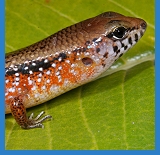
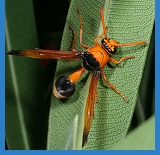
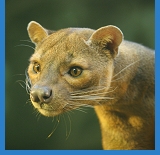
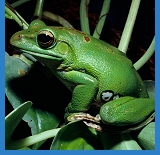
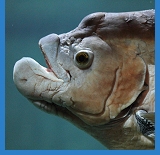
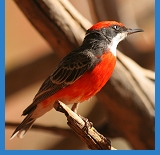

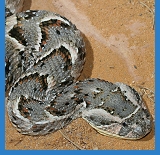
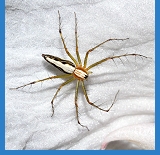
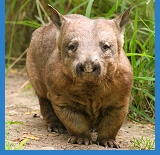
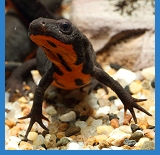
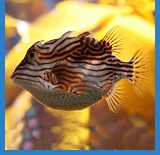


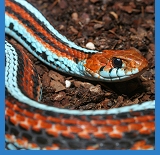
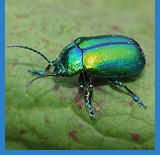
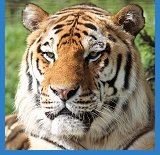
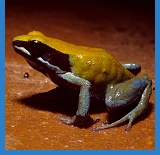
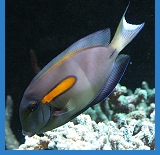
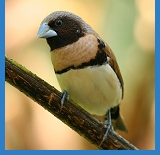

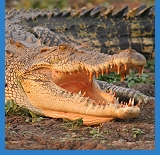
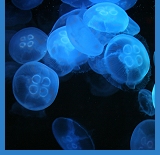
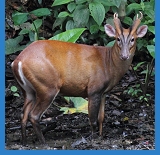
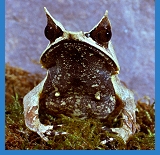
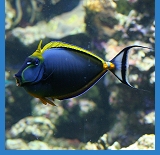
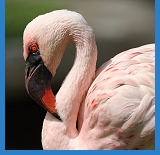

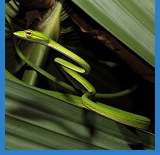
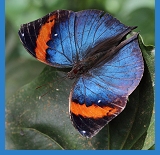
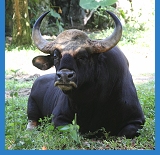
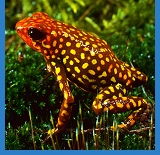
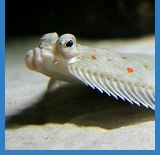
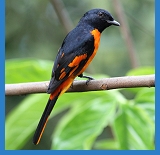

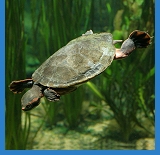
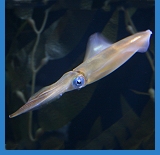
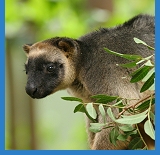
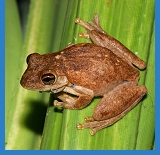
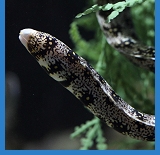
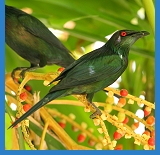

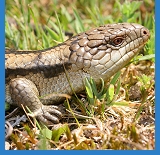
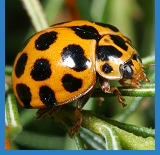
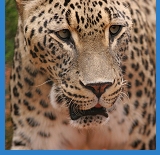
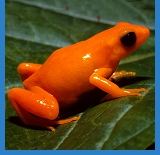
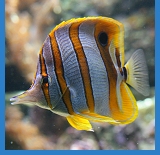
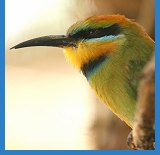

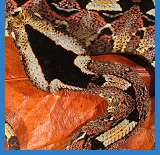
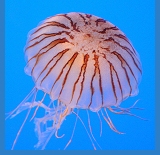
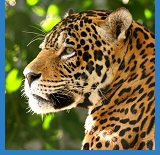
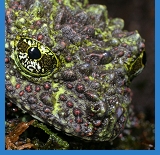
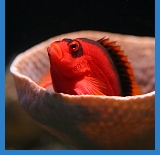
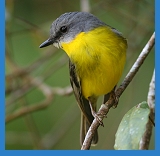

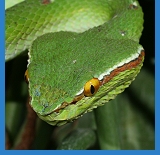
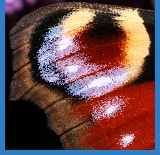
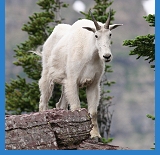
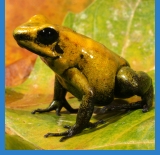
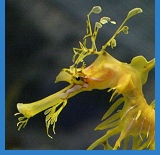
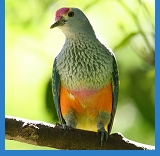

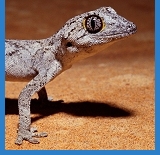
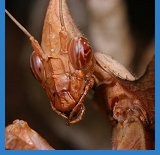
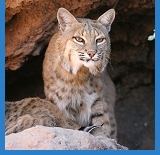
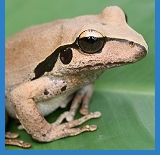
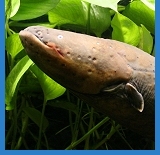
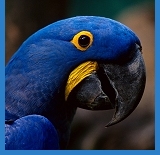

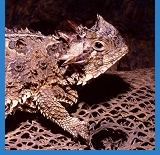
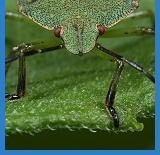
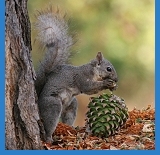
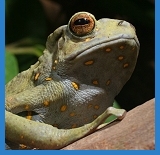
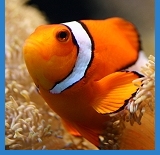
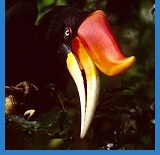

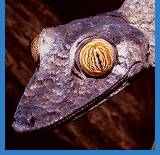
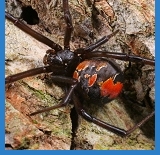
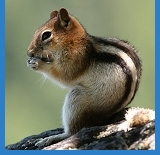
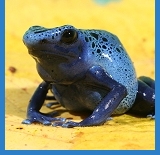
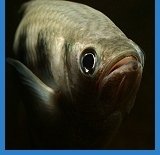
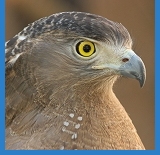

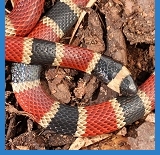
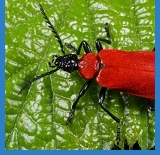
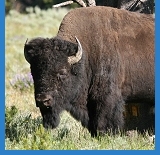
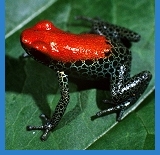
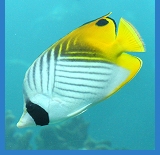
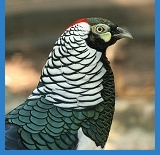

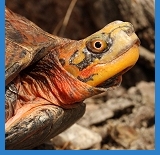
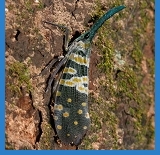
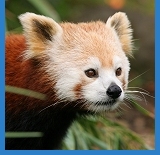
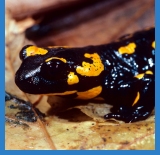

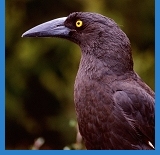

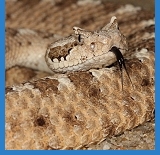
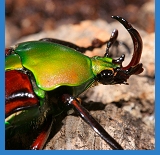
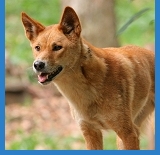
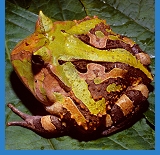
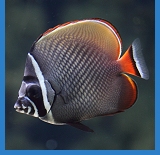
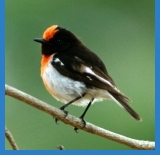

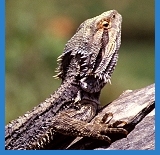
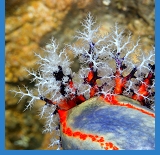
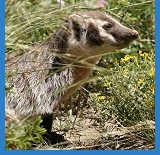
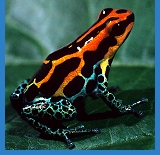
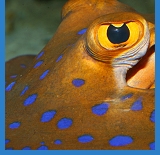
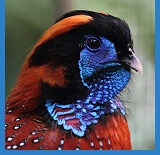

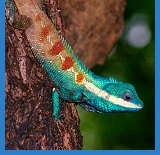
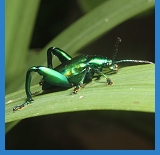
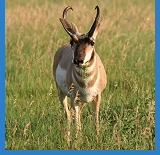
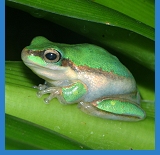
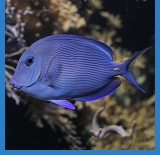
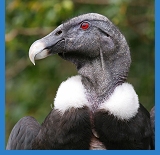

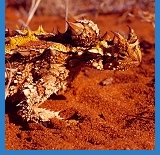
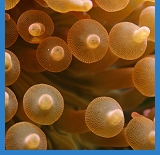
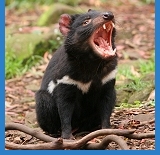
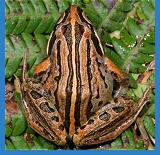
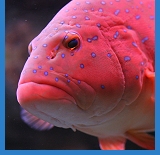
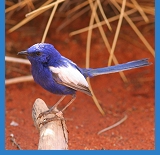

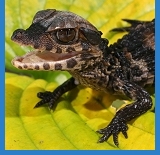
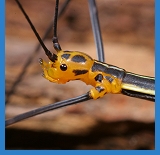
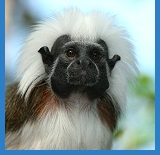
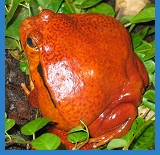
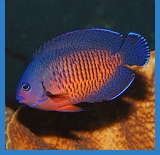
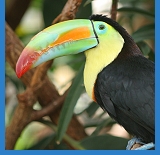

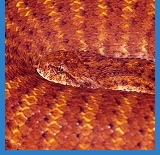
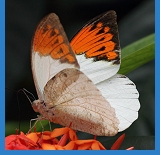
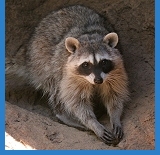
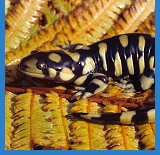
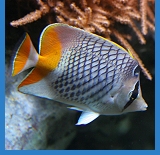
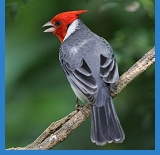

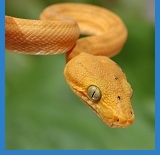
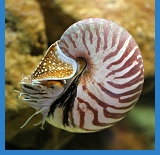
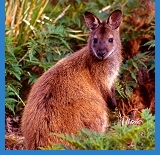
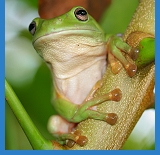
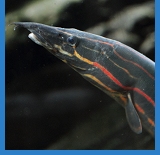
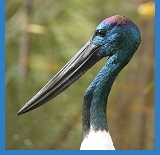

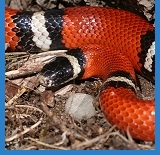
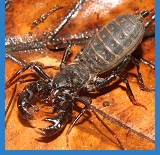
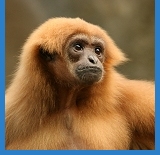
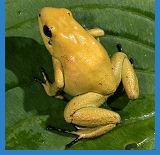
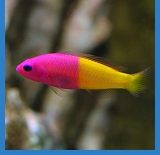
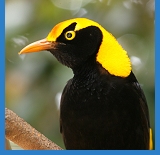

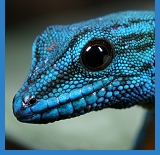
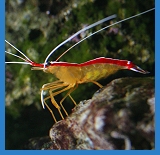
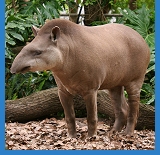
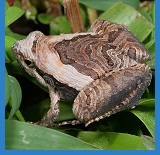
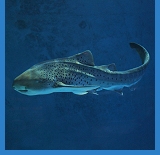
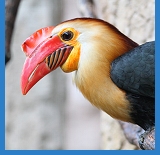

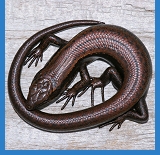
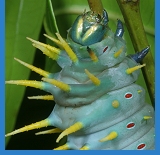
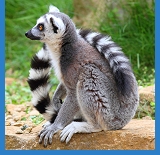
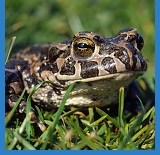
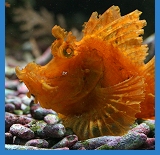
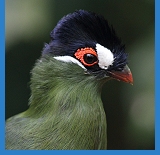

|

